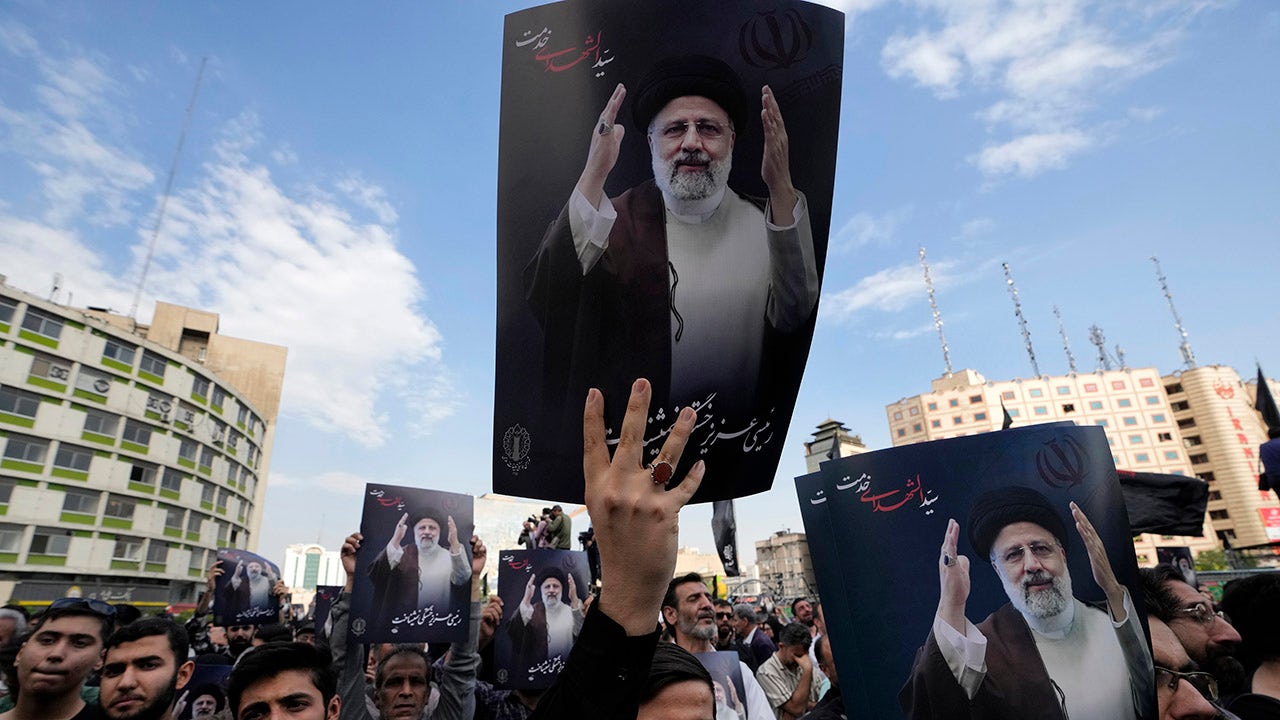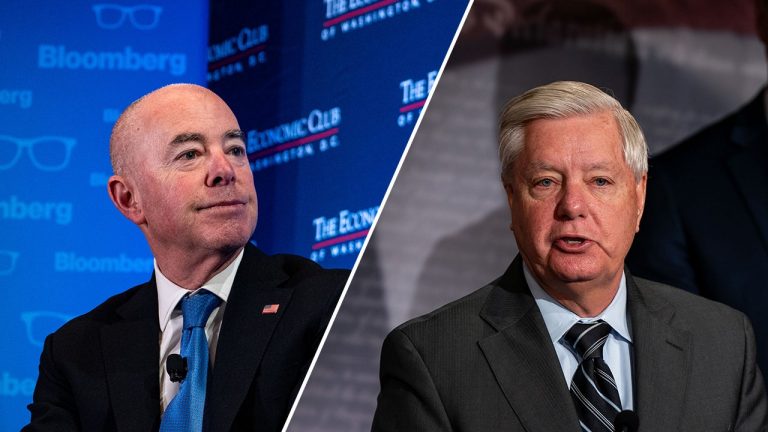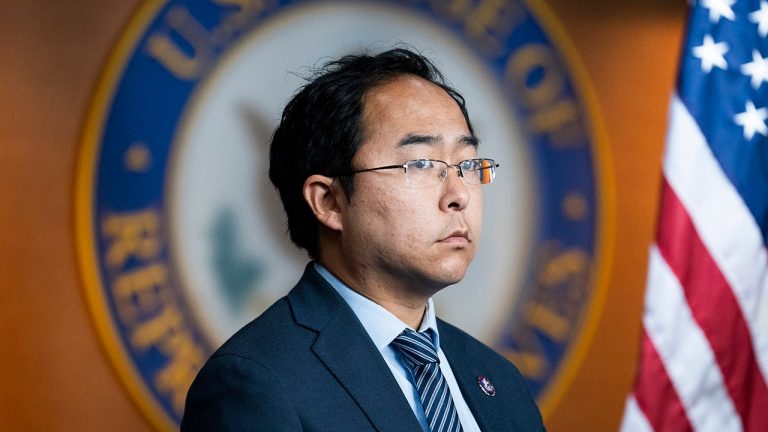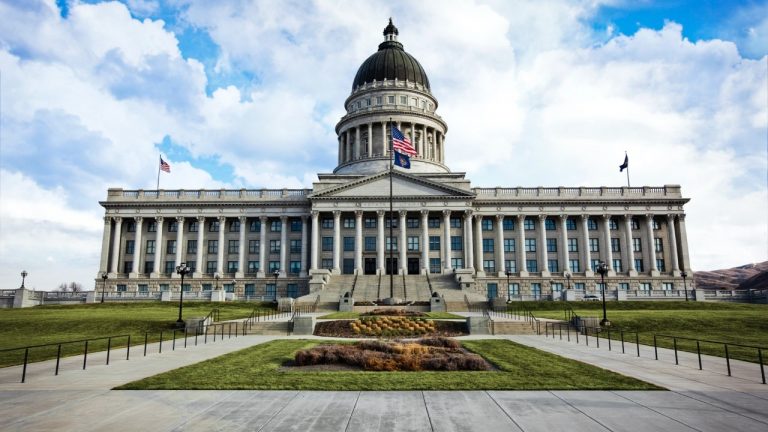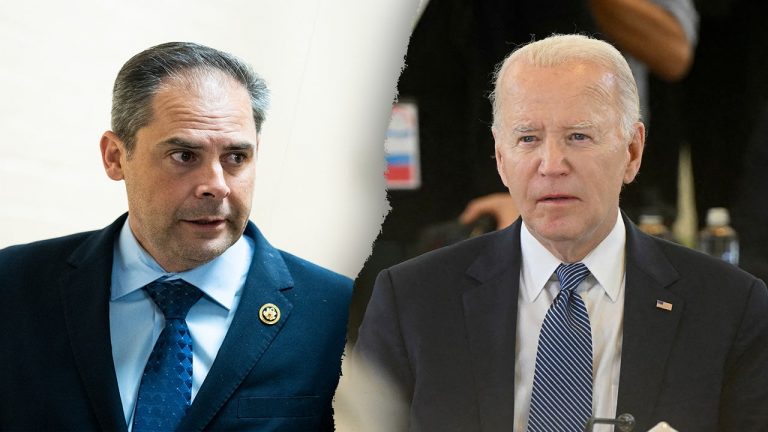State Department says no to Iran’s request for US help after helicopter crash for logistical reasons.
The United States recently faced a rare situation when Iran requested American assistance following a tragic helicopter crash that claimed the lives of Iranian President Ebrahim Raisi and Foreign Minister Hossein Amirabdollahian. The U.S. State Department spokesperson, Matthew Miller, revealed during a press conference that the Iranian government sought help from the United States in the aftermath of the accident. Despite expressing willingness to assist, the U.S. was unable to provide the requested support due to logistical constraints.
While offering official condolences for the loss of Iran’s top officials, the U.S. also participated in a moment of silence to honor President Raisi at the United Nations Security Council. Miller emphasized that extending condolences in such situations is a gesture of recognizing the human aspect of tragedy, without compromising the longstanding stance against the oppressive Iranian regime and its adverse impact on its citizens.
Raisi, described as a brutal enforcer of repression and human rights violations, particularly against women and girls, faced criticism for his role in numerous atrocities throughout his career. Despite acknowledging the loss of life in the helicopter crash, the U.S. reiterated its unwavering commitment to supporting the Iranian people in their quest for freedom, human rights, and democratic governance while vigilantly countering Iran’s involvement in terrorism, weapon proliferation, and nuclear pursuits.
Addressing concerns that Tehran might attribute blame to the U.S. or Israel for the tragic incident, U.S. Defense Secretary Lloyd Austin clarified that the United States had no involvement in the helicopter crash, asserting the factual nature of the situation.
Iran’s strained relations with the United States and Israel, considering them as primary adversaries, underscore the complexity of geopolitics in the Middle East. Amidst the tragic loss of Iran’s top leadership, the incident serves as a reminder of the volatile dynamics that govern international relations in the region.
As the world mourns the untimely demise of President Raisi and Foreign Minister Amirabdollahian, the focus remains on the broader implications for Iran’s political landscape and the implications for regional stability. The aftermath of this unfortunate event will significantly impact Iran’s domestic governance, foreign policy, and international alliances, shaping the trajectory of the country’s future.
While diplomatic gestures and condolences are essential in times of tragedy, the underlying tensions and conflicts between nations continue to define the intricate web of relations in a volatile global landscape. The helicopter crash in Iran serves as a stark reminder of the fragility of political leadership and the unpredictable nature of events that can reshape the course of history in an instant.
As the world watches and reacts to the aftermath of this devastating incident, the need for diplomacy, transparency, and a commitment to peace becomes paramount in navigating the complex aftermath of the helicopter crash in Iran. The repercussions of this tragedy will reverberate across borders, prompting reflection and strategic recalibration in the geopolitics of the Middle East.
In conclusion, the denial of American assistance to Iran following the helicopter crash underscores the intricate balance of international relations, humanitarian considerations, and political realities that shape global responses to crises. The aftermath of this tragic event will undoubtedly have far-reaching implications for Iran, the region, and the broader spectrum of international diplomacy and security.


